
Neanderthal remains from the Altai Mountains contain human viruses, a team of researchers has found, suggesting that infectious diseases may have been transmitted between anatomically modern humans and our closest (extinct) cousins.

Neanderthal remains from the Altai Mountains contain human viruses, a team of researchers has found, suggesting that infectious diseases may have been transmitted between anatomically modern humans and our closest (extinct) cousins.
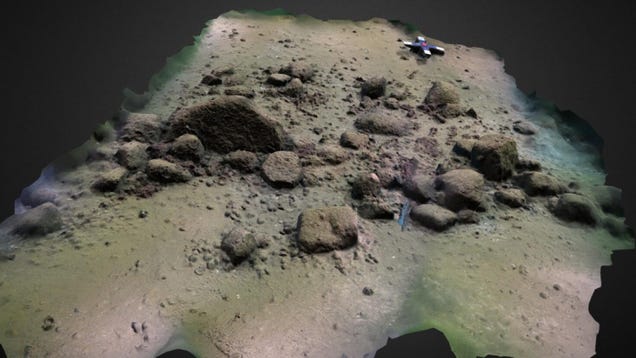
Divers working off the coast of Rostock, Germany, have found the broken-up remains of a wall on the bottom of the Baltic Sea. Researchers believe the Stone Age construction is over 10,000 years old, potentially making it the oldest human megastructure in Europe, and was likely used to herd prey during hunts.
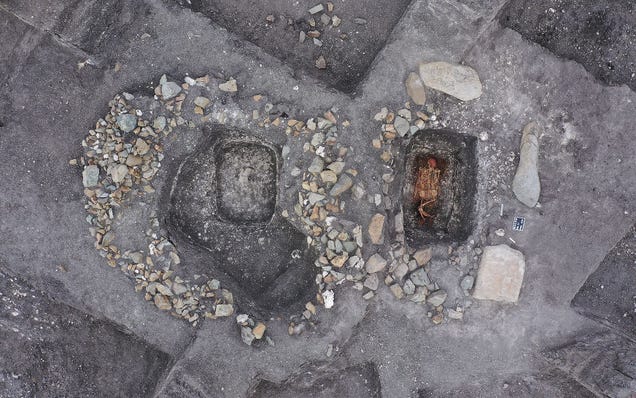
Few disciplines are as full of drama and surprises as archaeology, and this year was no exception. Archaeologists and anthropologists mined ancient genomes, excavated Roman weaponry from caves near the Dead Sea, and found a still-standing shipwreck at the bottom of Lake Huron. Click through for some of our favorite…
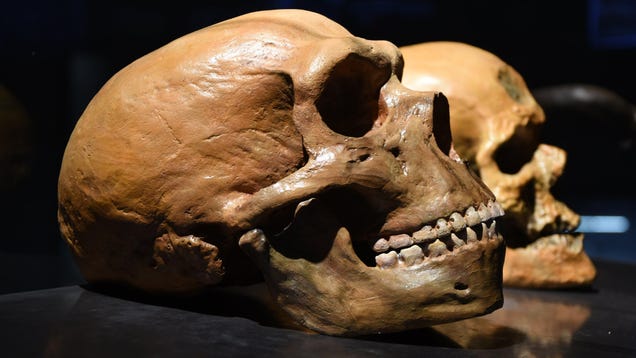
If you’re irritated by the morning people in your life, you might have Neanderthals to blame for their existence, at least a little bit. New research suggests that our hominin relatives possessed genetic variations that predisposed them to waking up early and that they passed on these genes to our Homo sapiens…
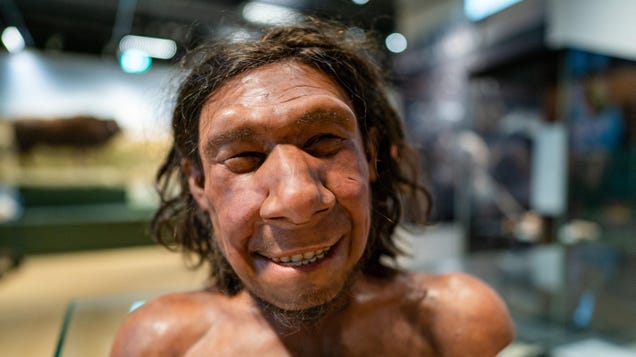
A sweeping analysis of European and Asian genomes over the last 40,000 years reveals when and how some genetic exchange occurred between Homo sapiens and our closest cousins, Homo neanderthalensis. It also shows how the Neanderthals’ genetic footprint depended on later exchanges between members of our own species.
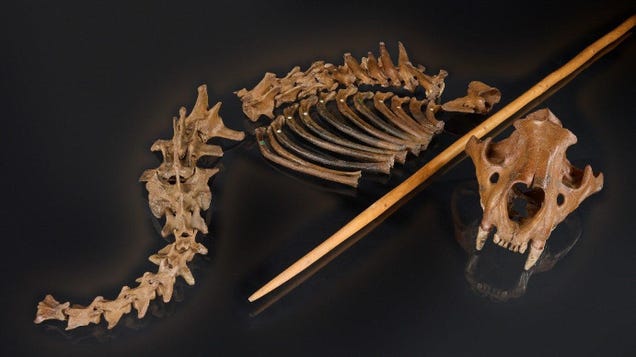
Marks on the ribcage of a 48,000-year-old cave lion skeleton suggest the animal was killed by Neanderthals, making it the first evidence that our nearest human cousins hunted the Ice Age predators.
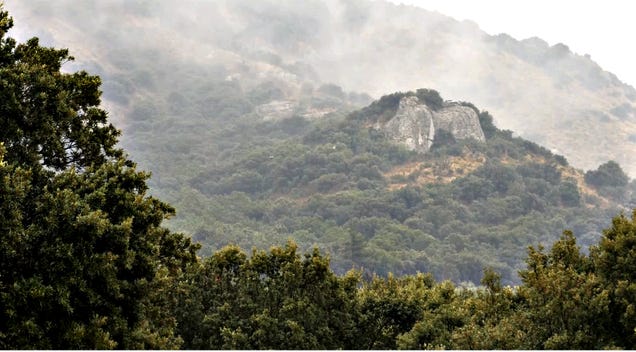
Hundreds of stone artifacts and 54,000-year-old human teeth have been found in a rock shelter in the south of France, pushing back evidence for Homo sapiens wielding the bow and arrow in Europe by 10,000 years.
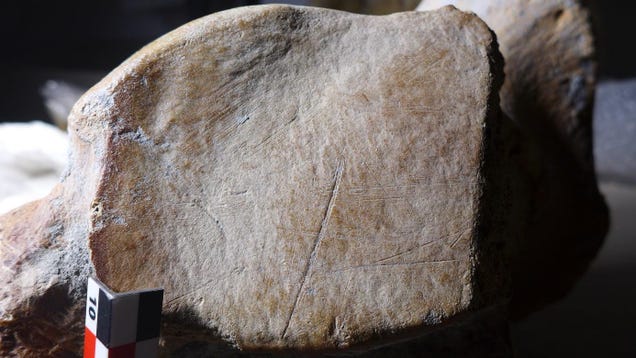
Historical finds of elephant remains alongside stone tools have long prompted speculation among researchers that early humans or other hominin species may have relied on the massive mammals for food.